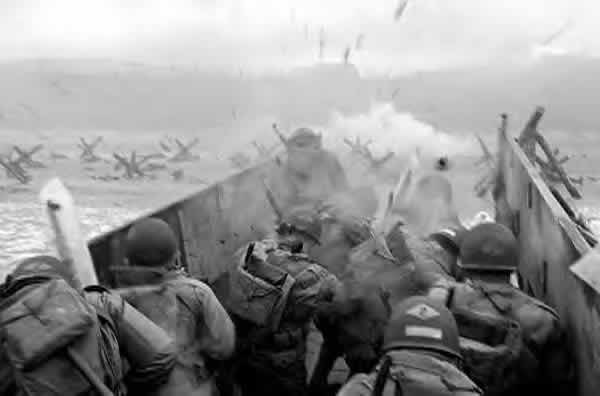The brass at HQ have set a bold strategic plan but they haven’t been to the front in a long time, if ever. You’re not sure you have the resources to complete the mission but you’ve been assigned your platoon and are on the way to the landing point. Half your troops shouldn’t have passed boot camp; a couple can shoot better than you however. A third don’t have the right equipment. Another third don’t know how to use it properly without assistance. Discipline appears to be an issue. Your fellow sergeants can’t assist as they have their own platoons to attend to. You didn’t have time to brief them properly before departing but you need to take the enemy emplacements now. You know some are not ready and will not survive. The order to commence the assault has been given. You’re on.
Teaching is war, if you choose to see it that way.
The stories we tell, the analogies and language we use, the attitudes we have and the types of working and social relationships we make can be affected by ‘déformation professionelle‘, and how we see our role. This is the first post in a series that attempts to prompt new ways of looking at the teaching profession and ideas for teaching from other professions.
